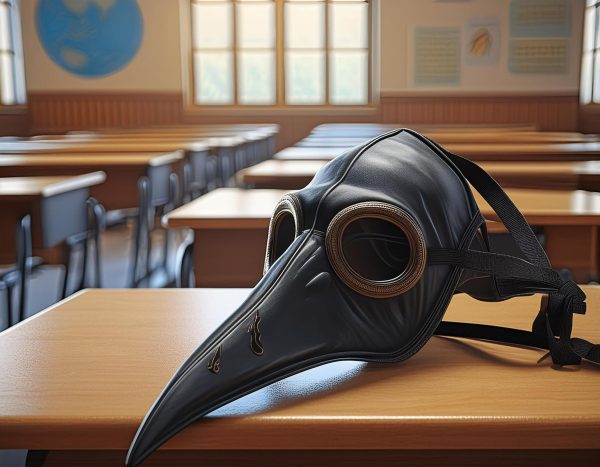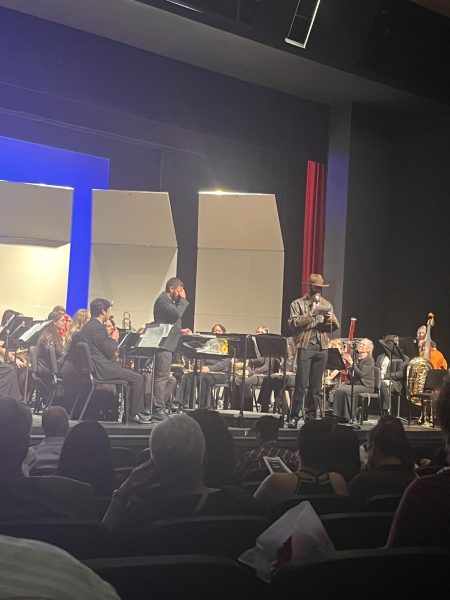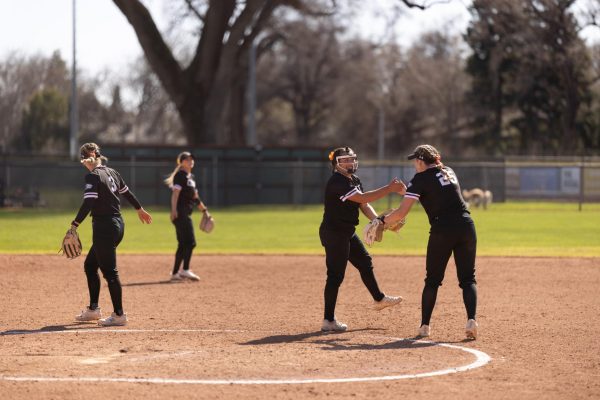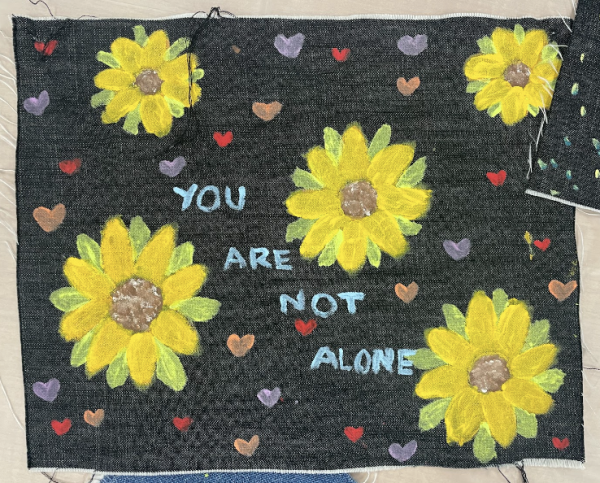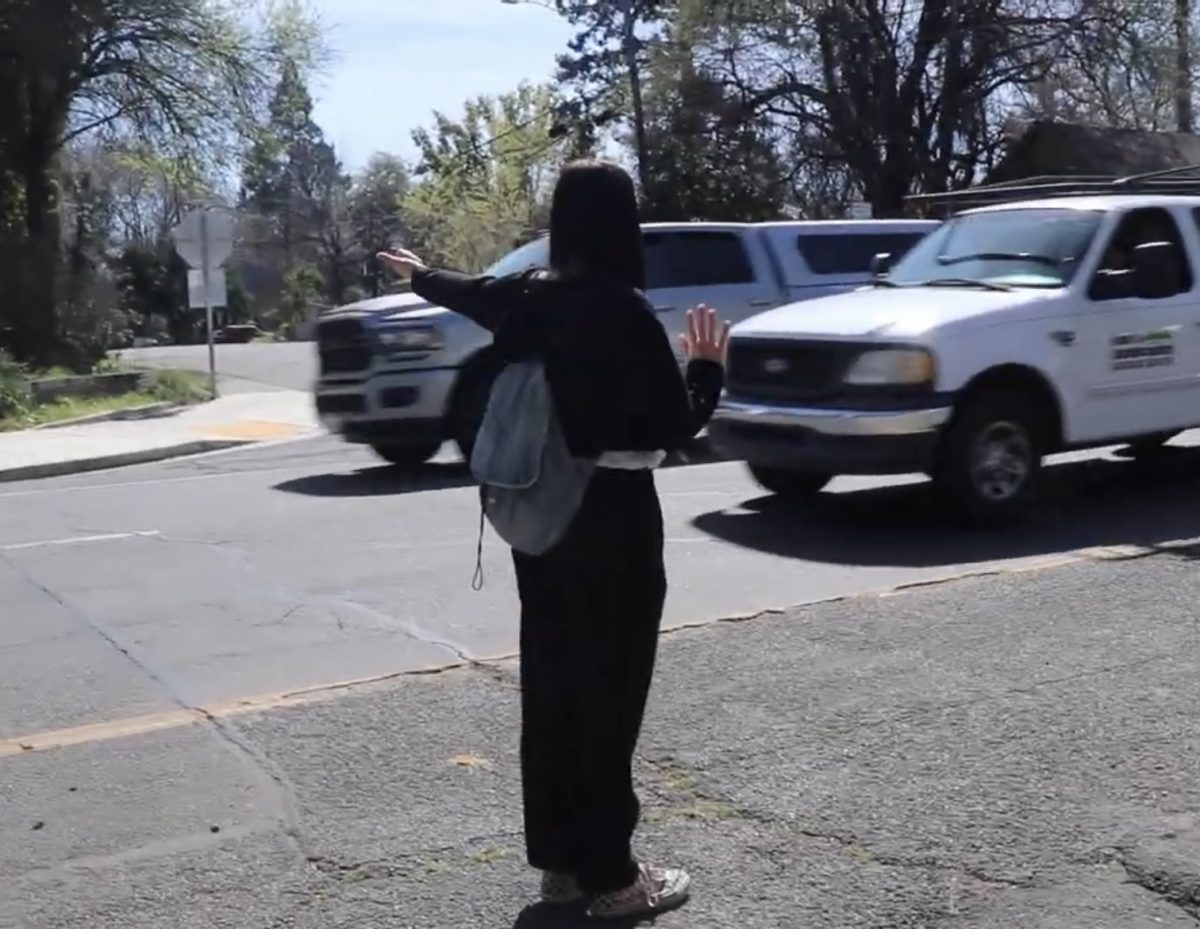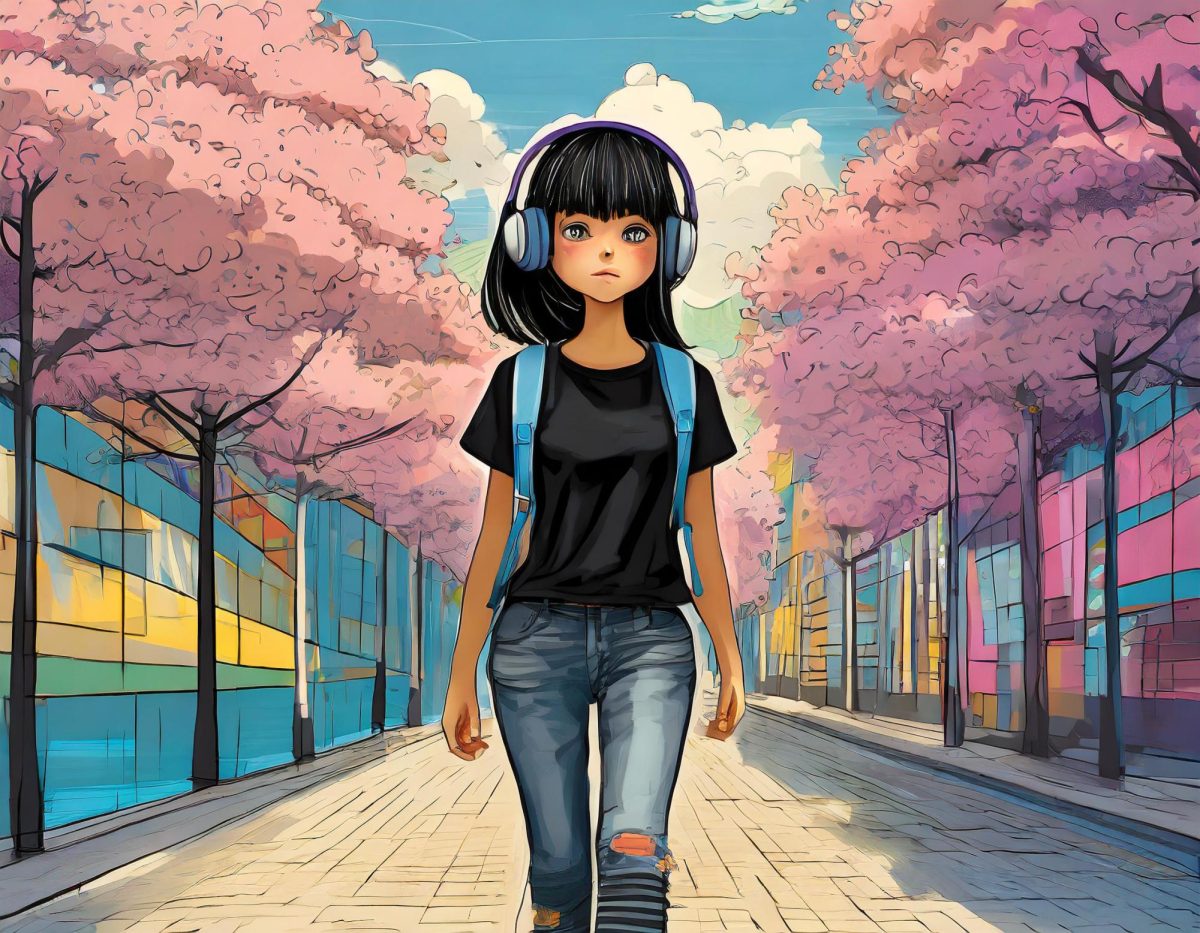
Video games are amazing. They are little virtual realities and forms of escape, allowing players to create and live as alternate selves.
What’s disturbing is that not only do gamers in general have to confront prejudice and stereotypes about playing video games, but female gamers also have the added bonus of being constantly faced with oversexualized female characters.
Think about:
-
Tiffa from “Final Fantasy 7”
-
Lara Croft
-
Pretty much any female “Final Fantasy X-2” character
-
Kitana (or many other female characters) from “Mortal Kombat”
I could go on.
I feel like this is because many people operate under the assumption that women don’t play video games, even the makers themselves. Therefore many games are made more for men.
There are two things many female characters have in common:
-
They have extremely large boobs but never the proper bra, or one at all.
-
They wear significantly less clothing than makes sense for the amount of fighting and battling they are doing. This is especially true for female characters in games with combat. Who knows, though. Maybe logic works differently in the video game world. Maybe the less clothing one has on, the more they are protected.
What’s terrible about this is that the oversexualization becomes the focus and often diminishes any strength, intelligence or any other perceived masculine trait that a female character might have.
Maybe it wouldn’t seem so blatant and apparent if males were sexualized just as much as females, but they’re not.
And yes, I recognize that video games are virtual reality. But when actual reality is so inundated with images of sexualized females, I have a hard time letting this go as well.
It’s the same message media and society keeps sending.
This is also seems dangerous to me because it could inform men about what they should want and expect from women.
What I mean is that besides the common thread of oversexualization, female characters are usually boiled down to a couple basic stereotypes:
-
the serious badass who has that sort of confident, borderline arrogant charm that makes her near emotionless. And yet still manages to wear less clothing than Kim Kardashian at a pool party. Or better yet, wears a tight, full body suit comparable to Catwoman.
-
the flip-side to the serious one, the supremely feminine one who is silly, flirty and maybe a bit airheaded, usually blonde or light-haired. She is sweet but still can kick ass. Probably less clothing than the above though, if possible.
-
the femme fatale. Basically, an evil seductress. Usually the villain.
Then there are classic characters, like Princess Peach. Usually the problem with these are that they are damsels in distress, waiting for a guy, like Mario, to come and save them.
The problem is that this is so overwhelmingly common.
Sure, video games have come a long way and there are some female characters who challenge these stereotypes like some women from “Dragon Age.” But not nearly to the extent to which female characters are represented.
I think it’s about time that we stop making sex the primary aspect of female characters’ personality and start making more well-rounded, complex heroines.
Allison Galbreath can be reached at [email protected] or @agalbreath19 on twitter.
